News |
|
After over 15 months of experience with Horizon Europe for both individual and collaborative calls, EAIC, the European Association of Innovation Consultants can provide some constructive feed-back on the new Horizon Europe Programme and its application process which has slightly evolved since the previous Framework Programme H2020.
With a view to contributing to the European Commission’s current interim review of Horizon Europe programme, a synthesis of EAIC member recommendations is provided below. Oversubscription and excellence:
3 Comments
“Building a greener, safer and better Europe”, this is the motto of the €2 billion partnership between the Bio-based Industries Consortium (BIC) and the European Union: the Circular Bio-based Europe Joint Undertaking (CBE JU). CBE-JU funds projects advancing competitive circular bio-based industries in Europe.
CBE JU operates under the same rules of Horizon Europe - the 2021 – 2027 EU’s research and innovation programme. The partnership is building on the success of its predecessor, the Bio-based Industries Joint Undertaking (BBI JU), while addressing the current challenges facing the industry. CBE JU aims to scale up technologies leading to industrial deployment, thus attracting investment and creating jobs. Furthermore, different stakeholders including the primary sector, regional authorities, and investors to prevent market failures and unsustainable bio-based processes will be involved. What is CBE JU's mission? The European bio-based sector, including SMEs, regions and primary producers should become climate neutral, more circular and more sustainable while remaining competitive on the global market. A strong, resource efficient and competitive bio-based innovation ecosystem can decrease Europe’s dependency on and accelerate the substitution of non-renewable fossil raw materials and mineral resources. CBE-JU mission is to implement the Strategic Research and Innovation Agenda (SRIA), through yearly open calls for proposals to fund projects in research, demonstration, and industrial deployment. These are the main goals of the partnership:
How CBE JU will achieve its objectives?The CBE JU calls fund different types of actions: Research and Innovation Actions (RIAs): 'testing', 'demonstrating' and 'piloting' activities to establish new knowledge or to explore the feasibility of new/ improved technology, product, process, service, or solution. Basic and applied research, technology development and integration, testing, demonstration, and validation on a small-scale prototype, in a laboratory or simulated environment are included. It is expected that RIA delivers TRL3-5 at the end of the project. Innovation Actions (IAs): 'testing', 'demonstrating' and 'piloting' activities also aiming at scaling up activities from prototype, in a (near to) operational environment, industrial or otherwise, to large-scale product validation and market replication. At the end of the project TRL6-8 have to be delivered. Flagships: important and specific type of Innovation Action with the objective to support the first application/deployment in the EU market of an innovation already demonstrated but not yet applied/deployed in the EU market (first-of-its-kind innovation). Flagship projects need to deliver TRL 8 at the end of the projects. In each topic the end TRL is specified. Coordination and Support Actions (CSAs): addressing needs to i) structure stakeholder communities; ii) support dissemination and exploitation of research or innovation projects; iii) exploit synergies of scale among projects; iv) raise awareness in specific areas; v) support technological visions (e.g. road-mapping, user cases, etc.) and outreach (e.g. events, publications, etc.); vi) promote international cooperation with specific regions and/or technological areas for any of the above-mentioned activities; vii) undertake other activities similar in nature to those above (i.e., this is not an exhaustive list). Pre-commercial Procurement Action (PCPs) may also be considered if relevant to attain the objectives of the CBE JU in future CBE JU AWP. Additionally, financial support to third parties may be included in specific call topics and funded as part of the received grants from CBE JU via financial support. What are the calls for proposal of 2022?The CBE-JU Annual Work Programme 2022 will fund projects developing innovative and sustainable bio-based solutions, with a focus on the following strategic priorities: feedstock, processing, products, cross-cutting aspects of communication and environmental sustainability. CBE JU will welcome project proposals across 12 topics with a total indicative budget of €120 million: Innovation Actions
Innovation Actions - Flagships
Research and Innovation Actions
Coordination and Support Actions
Check out all the funding opportunities and get more information about the whole programme. Are you planning to apply to any of these calls? Our members are expert in accompanying consortia from small to very large size. They are acting in line with our code of conduct which guarantees qualitative and professional behavior at all times. Are you interested to get support from a consultant? Indicate here the type of service you are needing and we will get back to you very shortly! Article courtesy of EAIC member ENCO Engineering and Consulting The Marie Skłodowska-Curie Actions Postdoctoral Fellowship programme supports postdoctoral researchers to develop their research careers with a total budget of €257 million. It provides fellowships to the most promising researchers, who wish to carry out their research activities abroad, by either coming to Europe from any country in the world, moving within Europe or even moving to Third Countries not associated to Horizon Europe. The Marie Skłodowska-Curie Actions (MSCA) is the main European instrument supporting young women and men to make a career in research with the goal to retain excellent researchers within Europe and reintegrate those working elsewhere. Since their launch in 1996, they have become Europe’s reference programme for doctoral education and postdoctoral training. The MSCA PF programme that is part of the Excellent Science pillar of Horizon Europe aims to equip postdoctoral fellows with new transferable skills and international, interdisciplinary and inter-sectoral exposure via advanced training and mobility. The MSCA PF is based on the principle of physical mobility, meaning that researchers who receive funding have to move from one country to another. Researchers who wish to apply are also encouraged to move between sectors and disciplines. The main objectives of a Postdoctoral fellowship are to:
What’s new this year?
This year MSCA place a stronger emphasis on collaborations between academia and business. There’s also a renewed emphasis on effective supervision and career guidance to postdoctoral fellows according to the MSCA Guidelines on Supervision. Applicants are also encouraged to address the principles of the MSCA Green Charter, in line with the European Green Deal, and implement measures to promote sustainable research activities and minimise the environmental footprint of such activities. Another novelty in MSCA PF in Horizon Europe compared to Horizon 2020 is that areas of research covered by the Euratom Research and Training Programme, specifically nuclear research and innovation, are now included in the range of topics supported by the MSCA, including Chemistry, Social Sciences and Humanities, Economic Sciences, Information Science and Engineering, Environment and Geosciences, Life Sciences, Mathematics and Physics. When and how to apply? The 2022 call is now open for submissions through the Funding and Tenders Portal, with a deadline on 14 September 2022. Although, the project proposal should be written jointly by the postdoctoral candidate and the host organisation, only the Host Supervisor is allowed to submit the proposal. The EU average success rate for the 2021 call was 13-14%. Host organisations are encouraged to read the Marie Skłodowska-Curie Actions Guidelines for the Inclusion of Researchers at Risk comprising researchers experiencing threats to their life, liberty or research career, and those who are forced to flee or have been displaced. Following Russian’s invasion of Ukraine, the new MSCA4Ukraine scheme includes €25 million for actions supporting researchers previously active in Ukraine. Who can apply? You can apply for an MSCA Postdoctoral Fellowship if you:
There are two types of Postdoctoral Fellowships:
What does the postdoctoral fellowship cover?
Evaluation process Submitted proposals will be evaluated between October and December 2022 against three evaluation criteria, including Excellence (50% of the evaluation score), Impact (30%) and Implementation (20%). Applications with a total score equal to or higher than 85% receive a Seal of Excellence, which adds weight to the researchers’ applications when they seek to apply to other EU Funding Calls. The evaluation results will be published by February/March 2023 and projects are expected to start around May-September 2023. Are you planning to apply to any of these calls? Our members are expert in accompanying consortia from small to very large size. They are acting in line with our code of conduct which guarantees qualitative and professional behavior at all times. Are you interested to get support from a consultant? Indicate here the type of service you are needing and we will get back to you very shortly! Article courtesy of EAIC Member GrantXpert Consulting Ltd.  We're pleased to welcome our newest member:
GRANTEX ADVISORY GROUP started its activities in December 2012 in Czech republic. It focuses mainly on grant consulting, especially in the field of R&D, digital transformation, energy savings and renewable energy. In 2021 GRANTEX started to develop its activities also in Slovakia. The main services they offer:
View our full list of members here. 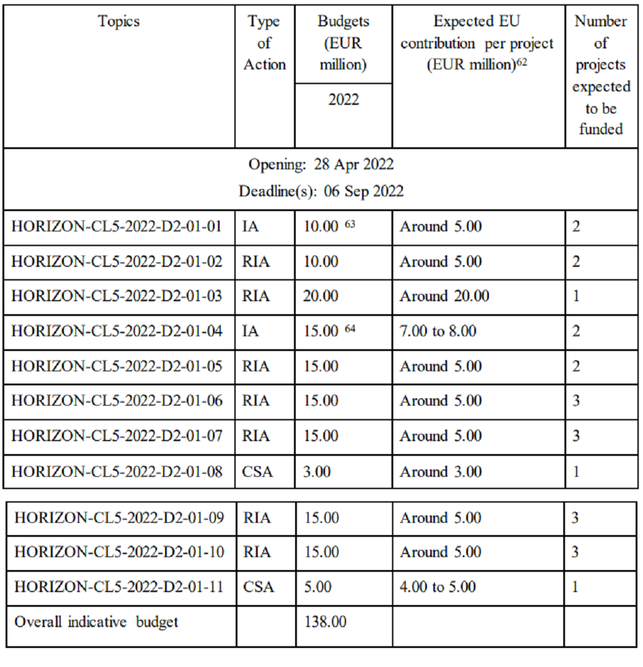 Overview of Battery Calls Typology, Budget and Deadline Overview of Battery Calls Typology, Budget and Deadline Horizon Europe (HE) Cluster 5 supports EU’s strategic objectives through activities in the are a of Climate, Energy and Mobility and by supporting a number of Institutional European Partnerships such as Clean Hydrogen, Transforming Europe's rail system, Integrated Air Traffic Management, and Clean Aviation. Activities in this work programme will contribute to all Key Strategic Orientations (KSOs) of the Strategic Plan (KSO C being the one with the most direct contribution):
Here we provide an overview of some of the open calls of Cluster 5 closing in September and October:
11 Calls have been released with 6 September 2022 deadline for 138 M Euro budget: Some notes about the calls:
The final aim is decarbonising the economy in line with the objectives of the Paris Agreement, the European Green Deal and the European Union’s 2050 net-zero target, and Climate Law. So, proposals should address how they will contribute to these. 8 Calls have been released with 27 October 2022 deadline for 99 M Euro budget: Some notes about the calls:
Are you planning to apply to any of these calls? EAIC members are expert in accompanying consortia from small to very large size. They are acting in line with our code of conduct which guarantees qualitative and professional behaviour at all times. Are you interested to get support from a consultant? Indicate here the type of service you are needing and we will get back to you very shortly! Article Courtesy of EAIC Member Intract On Tuesday 28 June EAIC members elected 2 new women Board members on the occasion of the Annual General Meeting in Brussels: Alicja Gregorzek Carrascosa from Polite Europe and Magdalena Zawadzka from Crido Business & Innovation Consulting, both companies are headquartered in Poland.
|
Categories
All
Archives
July 2024
|

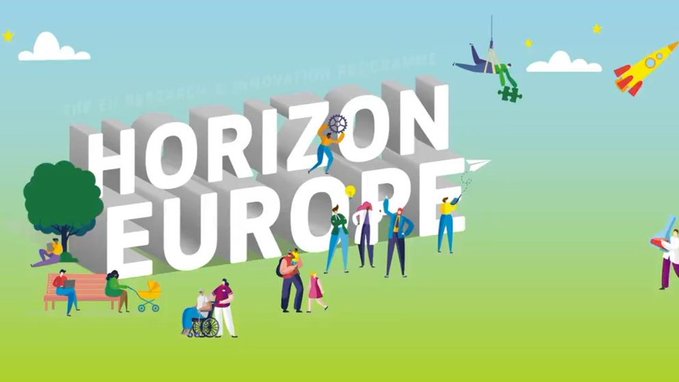

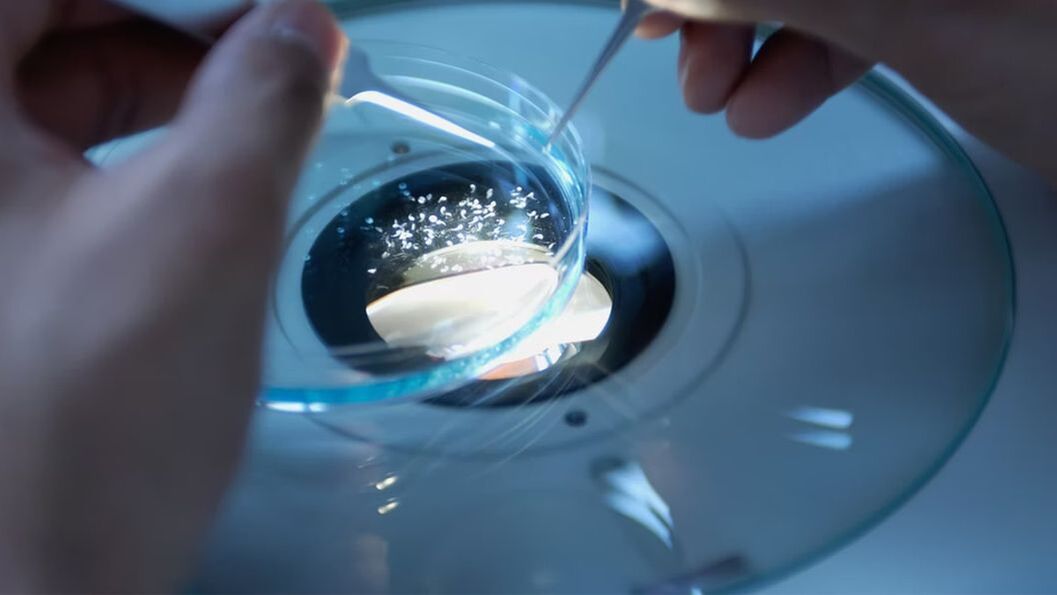

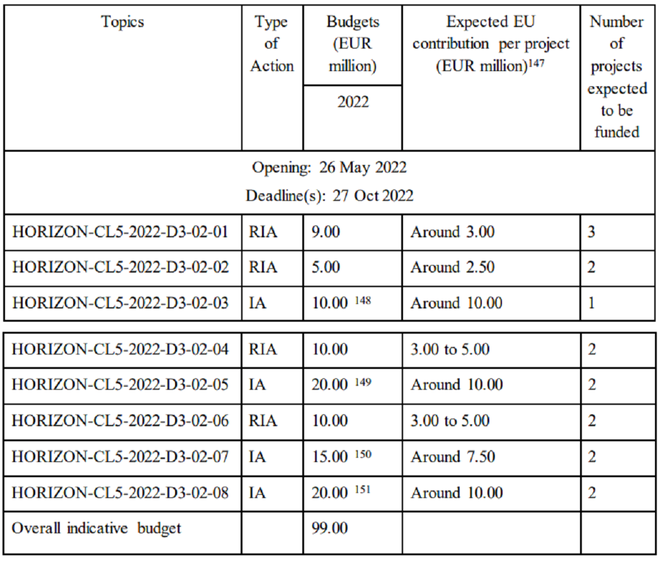
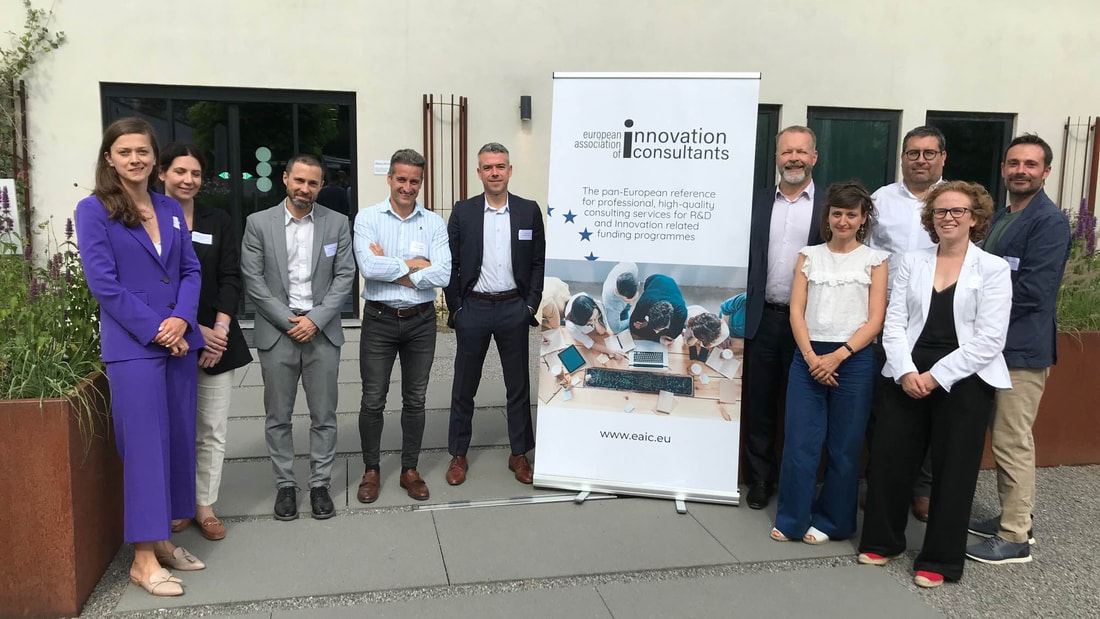
 RSS Feed
RSS Feed
